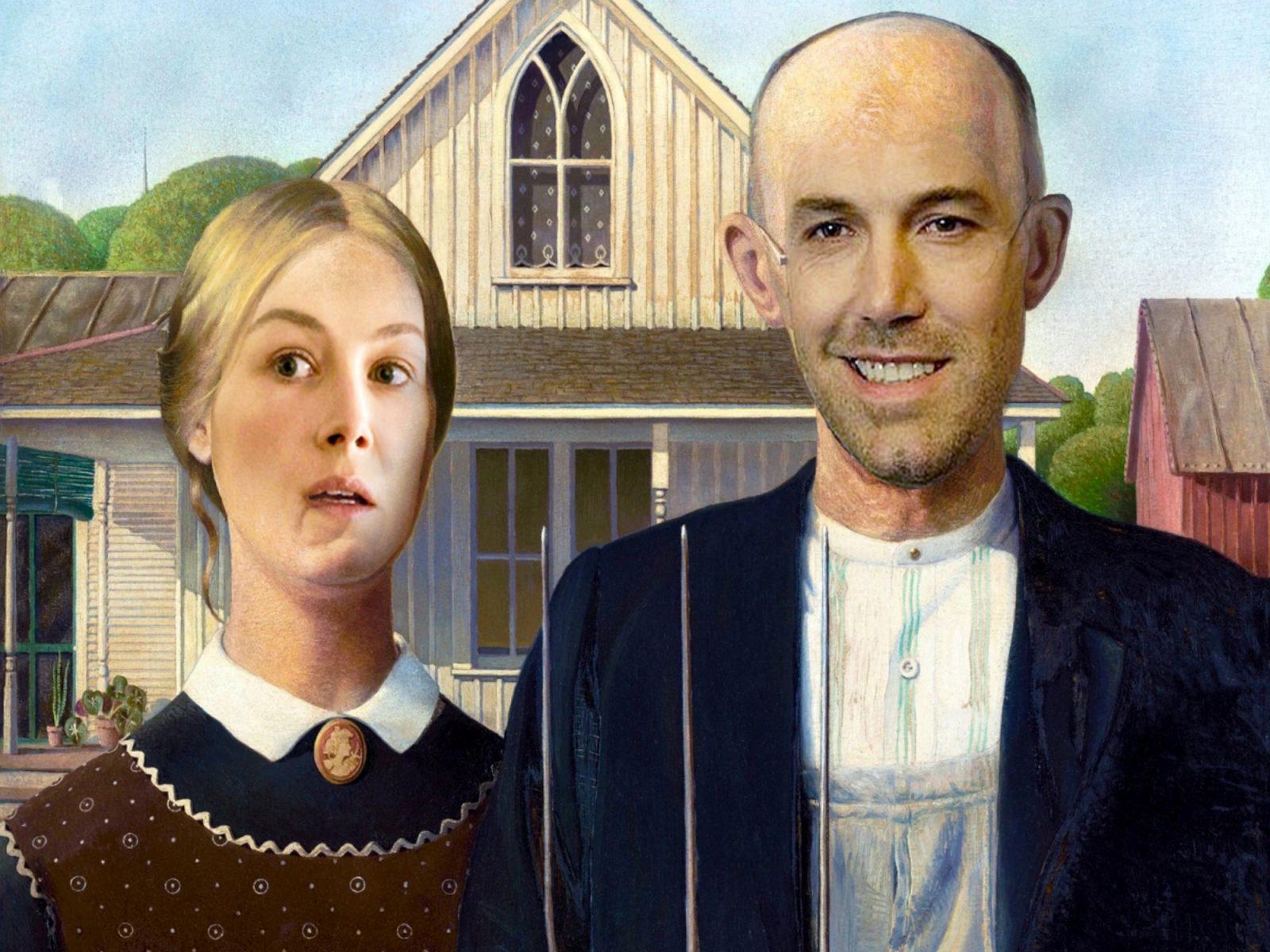Scott Neustadter wants you to know that Jenny Beckman is a bitch. “(500) Days of Summer” opens with the film writer calling out his ex-girlfriend via showcard to set the scene — the story of Tom, a hopeless romantic, and Summer, a woman who doesn’t believe in love, as they fall in and out of a relationship. Now, I know what you’re thinking — the 2009 romantic comedy was written and directed entirely by men. What could possibly go wrong?
A lot.

The film, directed by Marc Webb, has received high praise over the years for its subversion of typical romance films through gender dynamic reversal — Joseph Gordon-Levitt’s character, Tom, wants to tie down the openly non-committal Summer, played by Zooey Deschanel.
However, the movie has also faced backlash for its weak portrayal of Summer’s character in contrast to Tom’s — a filmic choice that prevented audiences from empathizing or understanding Summer’s choices, making her susceptible to vilification.
At face value, the piece appears to criticize the Manic Pixie Dream Girl trope and warns against projecting romantic fantasies or expectations onto women. Upon a closer look, you may find that the film consistently undermines the criticism it makes by objectifying Summer narratively and visually, as well as reinforcing sexist ideals.
So, back to Jenny Beckman. She’s a bitch. At least that’s what her ex-boyfriend Neustadter believes.
Webb immortalizes this sentiment in his film by opening with the statement that, “Any resemblance to persons living or dead is purely coincidental,” and then adds, “Especially you Jenny Beckman. Bitch.”
Imagine dating someone, and then after you break up, they make a movie about your relationship and call you a misogynistic slur in front of millions of people. Taylor Swift doesn’t even use her ex’s full government names, but she still gets burned for it.
“(500) Days of Summer” opens with this “joke” which sets the tone for the entire film: Summer is Jenny Beckman and Tom is Scott Neustadter. Summer is the villain, Tom is the victim, and clearly, Neustadter learned nothing from this relationship.
Toward the beginning of the movie, we are introduced to Summer through a narrated montage that comedically depicts her affect on the people around her — her Belle and Sebastian lyric yearbook quote spiked album sales and her job at an ice cream shop created a 212% increase in revenue. She received apartment offers 9.2% below market value and averaged 18.4 double takes per day on her commute.
At 121 pounds, 5 feet, 5 inches tall, with a size 8 shoe, Summer Finn was the one Tom Hansen had been searching for.
I’m well aware that Summer’s introduction is satirical, and I can admit that I admire Webb’s artistic direction and comedic abilities. “(500) Days of Summer” is funny, the structure of the film is well-crafted and the cinematography is beautifully shot. However, the sexist undertones of the character’s description are undeniable.
Summer Finn is special because she is beautiful, and that is the only positive trait the film allows her character to have.
While portrayed as vaguely positive in Webb’s montage, the rhetoric that women are able to have financial advantages or whatever else they want because of their beauty is harmful not only for its demeaning insinuation, but also because it is all too common for men to assert financial control and other forms of power over women as a means of coercion and manipulation.
Yes, I, a woman, can take a joke. However, I refuse to ignore their implications.
After briefly meeting Summer, Tom tells his friends he’s in love with her. I have no criticism for this. After all, Tom is a deeply relatable character. Haven’t we all professed our love for a class crush we’ve never spoken to? Don’t lie.
Tom then lists all the reasons why he loves Summer — her smile, her hair, her knees, her heart-shaped birthmark, blah blah blah. His friends make fun of him for quickly falling for her, but never once do the characters or the film itself stop to criticize the nature of his entirely physical admiration for her. Even when Tom declares the reasons why he hates Summer, they’re all about her appearance.
The biggest error Webb made with “(500) Days of Summer” was his lack of consideration for the audience’s perspective when crafting each character.
I don’t believe Webb intended for people to view Summer as the villain. Even actors Deschanel and Gordon-Levitt have publicly disagreed with the notion and defended the film’s objectives.
Summer explicitly tells Tom that she doesn’t believe in love, and she isn’t interested in labeling her relationship with him, yet many audience members still side with Tom after viewing the film. Admittedly, it is quite difficult to comprehend Summer’s sudden change of mind towards the end, as she reveals she’s engaged.
I believe because Webb didn’t expand enough on Summer’s background or explain the reasons behind her rationale, her honesty and confidence is easily perceived as callous when compared to a sensitive and hopeful Tom.
Summer doesn’t need to defend her beliefs about love, but we, the audience, need to know more about Summer to understand her. Otherwise, we’re led to empathize with Tom, who is arguably the most relatable character, but also the man who feels entitled to the love of a woman who has expressed that won’t be possible for her to give.
“(500) Days of Summer” teaches us to analyze biases within real or fictional narratives, to be skeptical of a writer’s intentions before accepting a presented truth, and above all, to never trust a man that listens to The Smiths.





















































































































